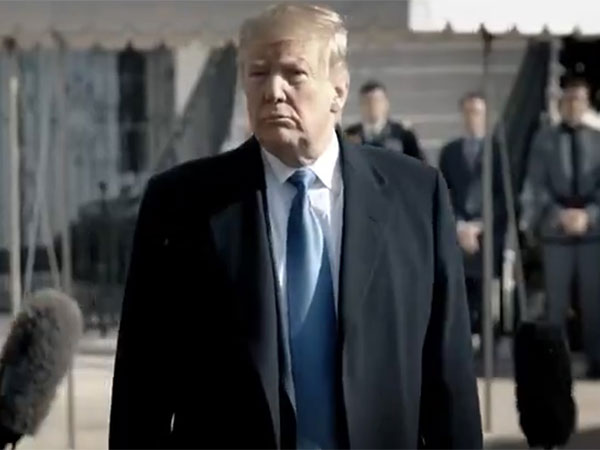Trump Seeks Sentencing Delay in Hush Money Case Citing Election Interference
Former U.S. President Donald Trump is attempting to delay his sentencing in a New York criminal case regarding hush money payments until after the November election. Trump's legal team argues that the current sentencing date inhibits his right to appeal. The case revolves around falsification of business records to cover up a payment to Stormy Daniels.

Former U.S. President Donald Trump is attempting to delay his sentencing in a New York criminal case involving hush money until after the November 5 election, citing concerns about election interference. Originally scheduled for September 18, Trump's legal team argues that the current sentencing date restricts his ability to appeal a recent immunity ruling.
In an August 14 letter to Justice Juan Merchan, made public on Thursday, Trump's attorneys argued for more time to appeal the immunity decision. Lawyers Todd Blanche and Emil Bove claimed, 'Setting aside naked election-interference objectives, there is no valid countervailing reason for the Court to keep the current sentencing date on the calendar.'
A representative for the Manhattan District Attorney's office, which initiated the charges, declined to comment. Trump's guilty verdict involves falsifying business records to cover up a $130,000 payment to Stormy Daniels, intended to silence her about a supposed sexual encounter with Trump. The former president denied the claims. Prosecutors argue the payment was part of a scheme to influence the 2016 election.
Justice Merchan delayed the original July 11 sentencing after a Supreme Court ruling stated that U.S. presidents cannot be criminally prosecuted for official acts. Trump's lawyers contend this decision affects the hush money case, as the Supreme Court ruling means the verdict should be set aside. Prosecutors maintain that the conduct in question involved personal, not official, actions.
Although falsifying business records can lead to up to four years in prison, many convicted of this charge have received fines or probation.
(With inputs from agencies.)










